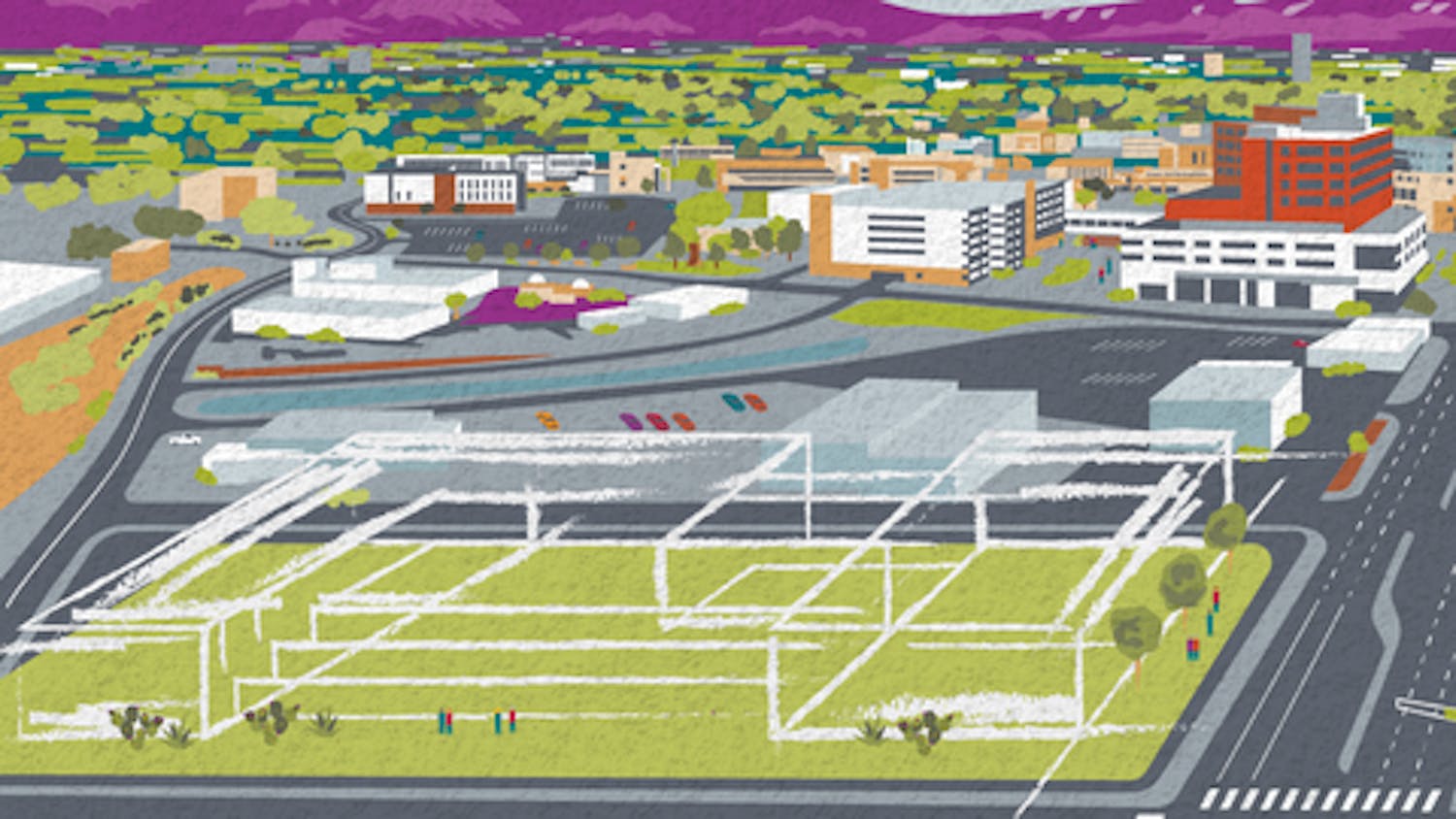avicraluckey@gmail.com
Earlier this month, Gov. Susana Martinez declared April 23, 2012 as Bless Me, Ultima day in the state of New Mexico.
To celebrate, the novel’s author visited UNM for a “reading marathon” with community members.
In Zimmerman Library on Monday, staff, students and faculty members took turns reading aloud the coming-of-age tale set in the World War II era. Rudolfo Anaya, the book’s author, read the last page to about 100 audience members.
Martinez issued a proclamation earlier this month in which she called the novel “the most widely read and critically acclaimed novel in the Chicano literary canon.”
UNM student Pedro Antonio Marquez attended the reading marathon and said he remembers reading the book in middle school. What stuck out most, he said, was the rural New Mexican setting of the novel that reminded him of his own childhood.
“My family has an agricultural, ranching background,” he said. “So a lot of talking about working the land and the earth (and) the imagery of juniper trees is all familiar,”
New Mexico’s Centennial Poet Levi Romero, who read Martinez’s proclamation aloud to attendees, said the novel was revolutionary in its presentation of Chicano culture.
“The language, in terms of it being on the printed page, was a new language and the imagery was a new imagery,” he said. “There weren’t a lot of books before Bless Me, Ultima that had been published that spoke about our tradition, our culture and our history. And so as a young man to be able to read that for the first time was just really life-transforming.”
Carlos Vasquez, director of history and literary arts at the National Hispanic Cultural Center, said the book instills pride in a culture that has historically experienced discrimination — and doesn’t apologize for doing it.
“I think that fact that after 40 years, it has … been banned in several states tells you it’s a good work of art,” he said.
Romero criticized a December 2011 Arizona judge’s ruling that banned ethnic studies in Tucson Public Schools, thus banning Bless Me, Ultima and other “ethnic studies” texts.
Get content from The Daily Lobo delivered to your inbox
The ruling declared ethnic studies programs unconstitutional because they favor one particular group over others.
“It’s a shame that any literature is banned,” he said. “People have a right to their history and it makes for a more embracing society when we know each other’s histories and stories.”
Gail Houston, chair of the English department, said that when Anaya was a professor at UNM, he established the creative writing program at the University. Anaya retired from UNM in 1993.
“He’s known as the father of Chicano literature and so we believe that it’s important to celebrate and recognize many different (kinds) of literature,” she said.






